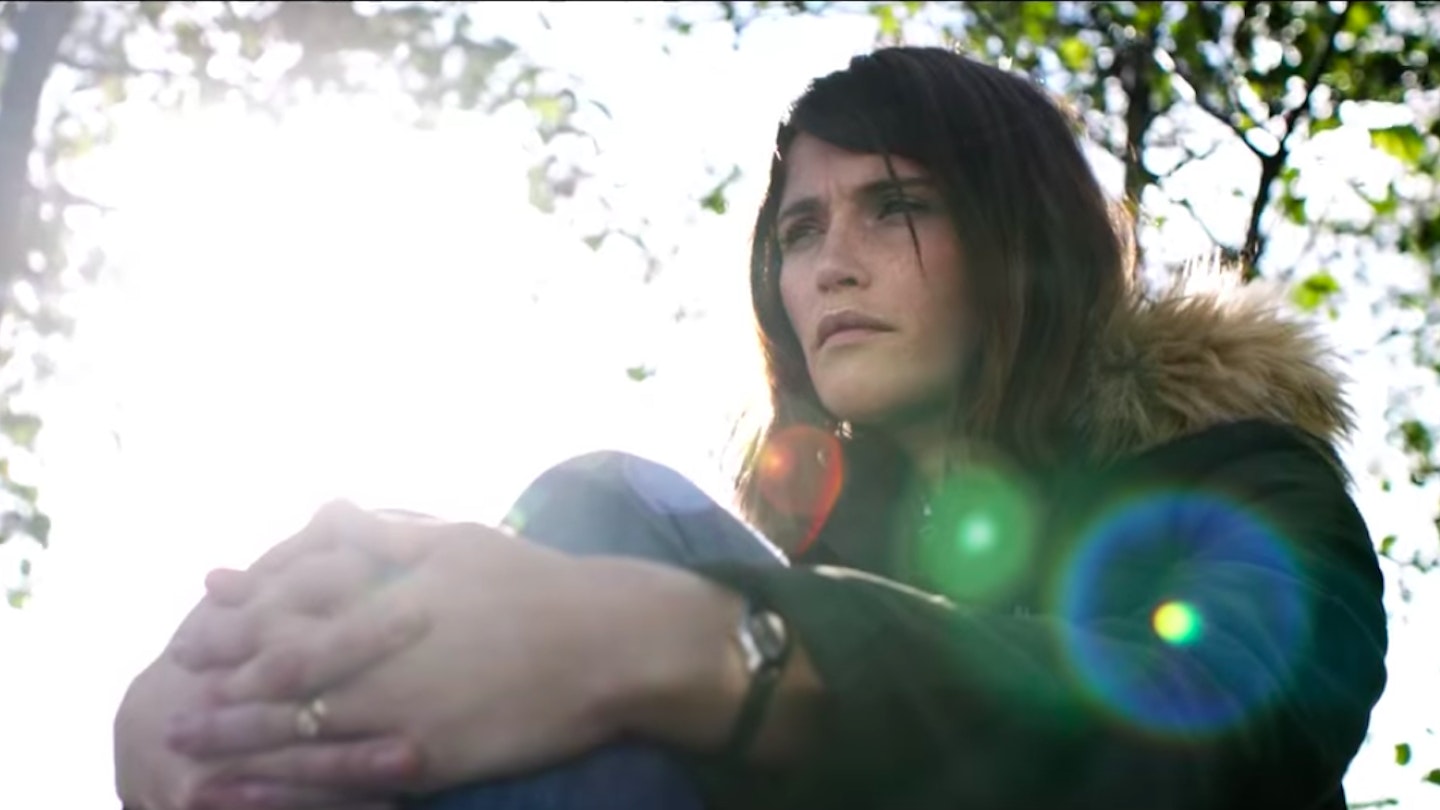Whether by choice or not, between one and four and one in five British women currently reaches midlife without having children. It’s a much higher number than most people imagine, yet we’re missing from the mainstream idea about what it means to be a 21st Century woman. You’d think with our numbers so high (and growing) that not being a mother wouldn’t be such a big deal anymore – I mean it’s not as if the human race is dying out – but you’d be wrong. If we appear in films or novels, it’s to be a cipher for some kind of deviant woman – either driven to deranged actions because of involuntary childlessness, or capable of evil only because we’ve chosen to be childfree, and are therefore ‘unnatural’.
This week, Gemma Arterton talked about how society views women without children while she was promoting her new film The Escape (about an unhappy young mother, desperate to escape family life. ‘“If a guy says he doesn’t want kids, it’s OK,’ she said in an interview with the Telegraph, but if a woman feels that, it’s like something’s wrong with her. It threatens people’s idea of what a woman is, what her function is.’
And then there’s Jennifer Aniston - the Western World’s most famous empty uterus, for whom even at 49, comments and speculations about her childlessness still make headline news. Despite being rich, successful and beautiful, it’s her status as a childless, single, double-divorcee that draws the most attention from the media. Jen hit out on the topic again last week in a widely reported InStyle interview, saying that: “The misconceptions are ‘Jen can’t keep a man,’ and ‘Jen refuses to have a baby because she’s selfish and committed to her career.’ Or that I’m sad and heartbroken”.
And here we have it – the archaic opinions that underpin, still, our attitude towards women without children: that if they’ve chosen to be childfree, they’re ‘selfish’ or if they’re childless not by choice they’re ‘heartbroken’. So, no selfish or heartbroken mothers then?
Now I’m not saying that involuntary childlessness can’t be heartbreaking – it is, as I know from personal experience – but it’s a heartbreak you can heal from with time and support - and both a chosen and unchosen life as a woman without children can be meaningful and fulfilling. There are many other ways to contribute to the world, selfishly or unselfishly, other than having children. There are also plenty of mothers who, much as they love their kids, don’t swan around all the time feeling ‘fulfilled’. The fetishization of motherhood as some kind of free pass to happiness serves no one, except perhaps Jennifer Anniston’s film PR schedule. (Did you catch what film she was promoting last week? Me neither.)
Whether a woman is childfree (by choice) or childless (not by choice) what lies behind those decisions and circumstances are deeply personal. They should not be up for discussion. I long for the day when it becomes as unacceptable to casually ask a woman about her plans for her uterus as it is to ask her about her plans for her vagina!
Perhaps one of the reasons that the media can’t leave Jen’s motherhood status alone is that without knowing if her childlessness is a choice or not, it can’t decide whether she gets to be pitied or censured? But why isn’t there another option?
Motherhood carries huge social status in our pronatalist society. You only have to look at how the phrase “As a mother” instantly adds status to anything a woman says to see how it works. Sarah Millican does a great sketch in which she parodies this, opening a can of beans ‘as a mother’.
But let’s imagine what would happen motherhood were not societally overvalued and women without children were seen as full, capable adult women, what might happen?
Well, perhaps the birth rate would fall as more women chose to remain childfree. And those women who found themselves involuntarily childless would find coming to terms with it much less problematic if they didn’t have to deal with the idea that they are, to quote Jen again, “damaged goods”.
By releasing women from the archaic stigma attached to not being a mother, we could lay the foundations for a generation of emancipated and energised women ready to contribute to our world in the ways that suited their talents and desires the best (which may or may not include motherhood). And this in turn would have a huge impact on the way that our society is structured by giving the old patriarchal belief that the reason men are in charge of most things is because they are fundamentally 'more suited' to it than women a right old shake up!
Keeping women without children in the headlines as in some way ‘wrong’ serves the status quo. Much as I admire Jen’s grace and restraint during the decades of prurient interest into her maternity options, I think it’s time we stopped allowing motherhood status to be the defining feature of a woman’s existence. Maybe we could start our sentences about our opinions on baked beans or the news with, “As a childless woman” and use the look of bewilderment on people’s faces to start a new kind conversation about what it means to be a woman. To be a human.
Jody Day is the founder of Gateway Women, the global friendship and support network for childless women and the author of Living the Life Unexpected: 12 Weeks to Your Plan B for a Meaningful and Fulfilling Life Without Children (Bluebird/PanMacmllan)
